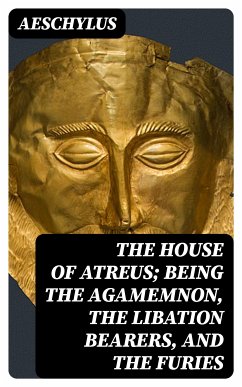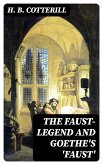The House of Atreus presents a profound exploration of vengeance, justice, and the cyclical nature of human suffering through Aeschylus's masterful trilogy: Agamemnon, The Libation Bearers, and The Furies. Written in a compelling poetic style, these tragedies utilize rich imagery and nuanced dialogue, immersing readers in the morally complex world of the Atreides family. Set against the backdrop of post-Trojan War Greece, Aeschylus weaves intricate themes of fate and divine retribution, inviting contemplation of the ancient world's tragic dimensions and the inexorable consequences of human actions. Aeschylus, often hailed as the father of tragedy, lived in a time of great sociopolitical change, profoundly shaping his dramatic works. His own experiences as a soldier during the Persian Wars likely influenced his views on heroism and the weight of guilt. Rooted in mythological traditions and informed by a strong sense of the divine, Aeschylus's writing embodies the human struggle against fate, while simultaneously reflecting the moral imperatives of his time. Readers seeking a deep engagement with the foundations of Western literature will find The House of Atreus an essential exploration of tragedy and morality. Aeschylus's profound insights into the human condition deliver timeless reflections that resonate through the ages, making this trilogy not only a landmark of ancient drama but also a poignant commentary on the complexities of human relationships.
Dieser Download kann aus rechtlichen Gründen nur mit Rechnungsadresse in A, B, BG, CY, CZ, D, DK, EW, E, FIN, F, GR, H, IRL, I, LT, L, LR, M, NL, PL, P, R, S, SLO, SK ausgeliefert werden.









